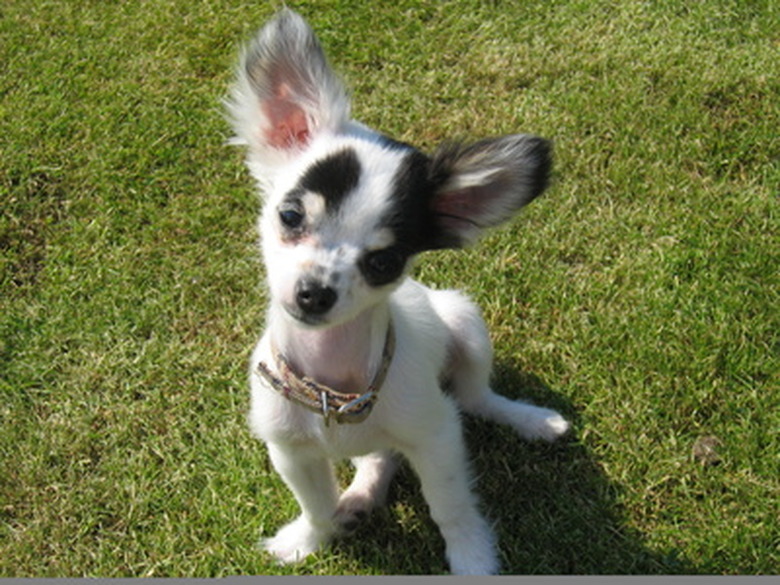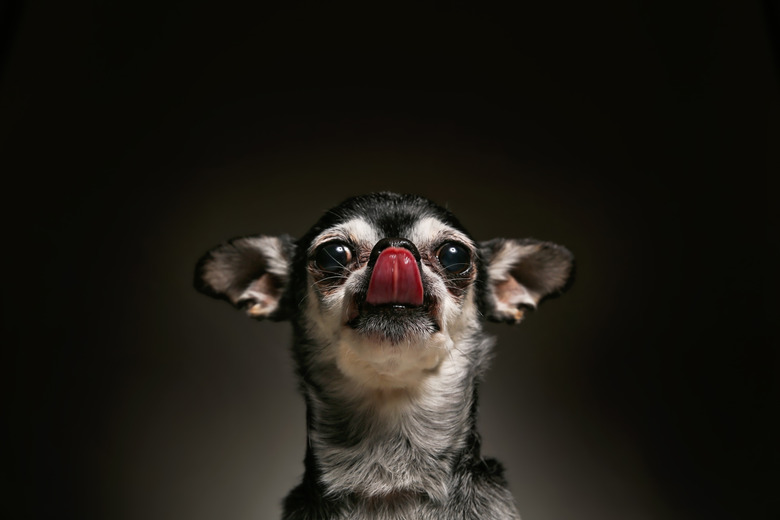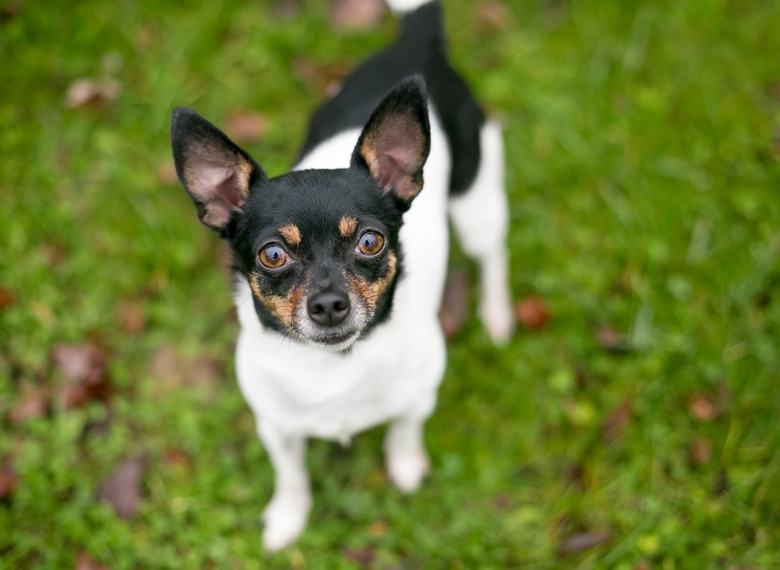Chihuahua Congestion: Causes And Treatments
Responsible pet owners want to do everything they can to ensure their canine companion is happy and healthy and lives a long life. An important part of being a good pet parent is monitoring the health of your pet on a regular basis, taking note of behavioral, eating, or sleeping changes and noticing symptoms that can signify the onset of potentially serious health problems, like difficulty breathing and a runny nose. Chihuahua congestion, while common to the breed, is something to which owners should pay close attention. While it's normal for dogs to cough on occasion, a honking cough or a dry or runny cough can be cause for concern for pet owners.
The facts about Chihuahua congestion
The facts about Chihuahua congestion
Chihuahuas are one of the most popular toy dog breeds in the world. They are known for their stubborn but loyal nature, their fearless attitude, and their devotion to their owners. Because of their small size and the shape of their head and nose, Chihuahuas also are prone to upper respiratory problems. The first sign of these problems is often congestion.
Causes of Chihuahua congestion and sneezing
Causes of Chihuahua congestion and sneezing
Chihuahuas are prone to a condition known as reverse sneezing. Reverse sneezing is characterized by congestion, coughing, sneezing, snorting, and wheezing and is caused by an irritation of the nasal passages, sinus, or soft palate of the throat. Reverse sneezing is not a serious problem for Chihuahuas and often goes away on its own.
Allergies can also be one of the common causes of trouble breathing. Allergic reactions related to pollen, plant fibers, grains, rug fibers, and cigarette smoke can also cause congestion but are usually not a serious problem. If your Chihuahua seems otherwise healthy and active but is suffering from nasal congestion, watery eyes, runny nose, and sneezing, there is a strong possibility that they are suffering from allergies and may need antihistamines.
Chihuahua congestion can also be a symptom of illness, especially when accompanied by breathing problems, decreased appetite, lethargy, disorientation, vomiting, and fever. Some Chihuahua pet owners keep their dogs indoors most of the time, and so they neglect to have their pet vaccinated for Bordetella, which is one of several causes of kennel cough. This disease is highly contagious and can be a serious problem that leads to death if not treated in time (although that is rare). The first sign of kennel cough that pet owners may notice is a dry, hacking cough that occurs five to 10 days after your dog has been exposed.
Diagnosis of dog congestion
Diagnosis of dog congestion
Chihuahua congestion should always be evaluated by a veterinarian in order to identify its causes. During your checkup, your veterinarian may go over common reasons for congestion and nasal discharge and may also want to do X-rays and check that there is not a foreign object in your dog's nose or airway.
Even if your Chihuahua does not appear to be sick or have difficulty breathing, it is still a good idea to schedule a checkup with your veterinarian when you notice congestion, particularly if it is accompanied by other symptoms, such as nasal discharge and sneezing.
Treatment of Chihuahua congestion
Treatment of Chihuahua congestion
Treatment for Chihuahua nasal congestion depends on its cause. With reverse sneezing, medical treatment is usually not necessary, but during your checkup, your veterinarian may show you how to help alleviate the episodes with a throat massage. Seasonal allergies may require antihistamines, such as Benadryl.
If your Chihuahua shows symptoms of Bordetella and has recently been exposed to many dogs in a confined area (like a shelter, a groomer, a doggy day care, or a boarding kennel), treatment usually involves isolation from dogs and other pets, cough suppressants, and antibiotics. It's important to note that the viral causes of kennel cough aren't going to be treated with antibiotics and would require additional care. You may also want to speak with your veterinarian about things you can do to improve your pet's immune system and also home remedies, like using a humidifier.


